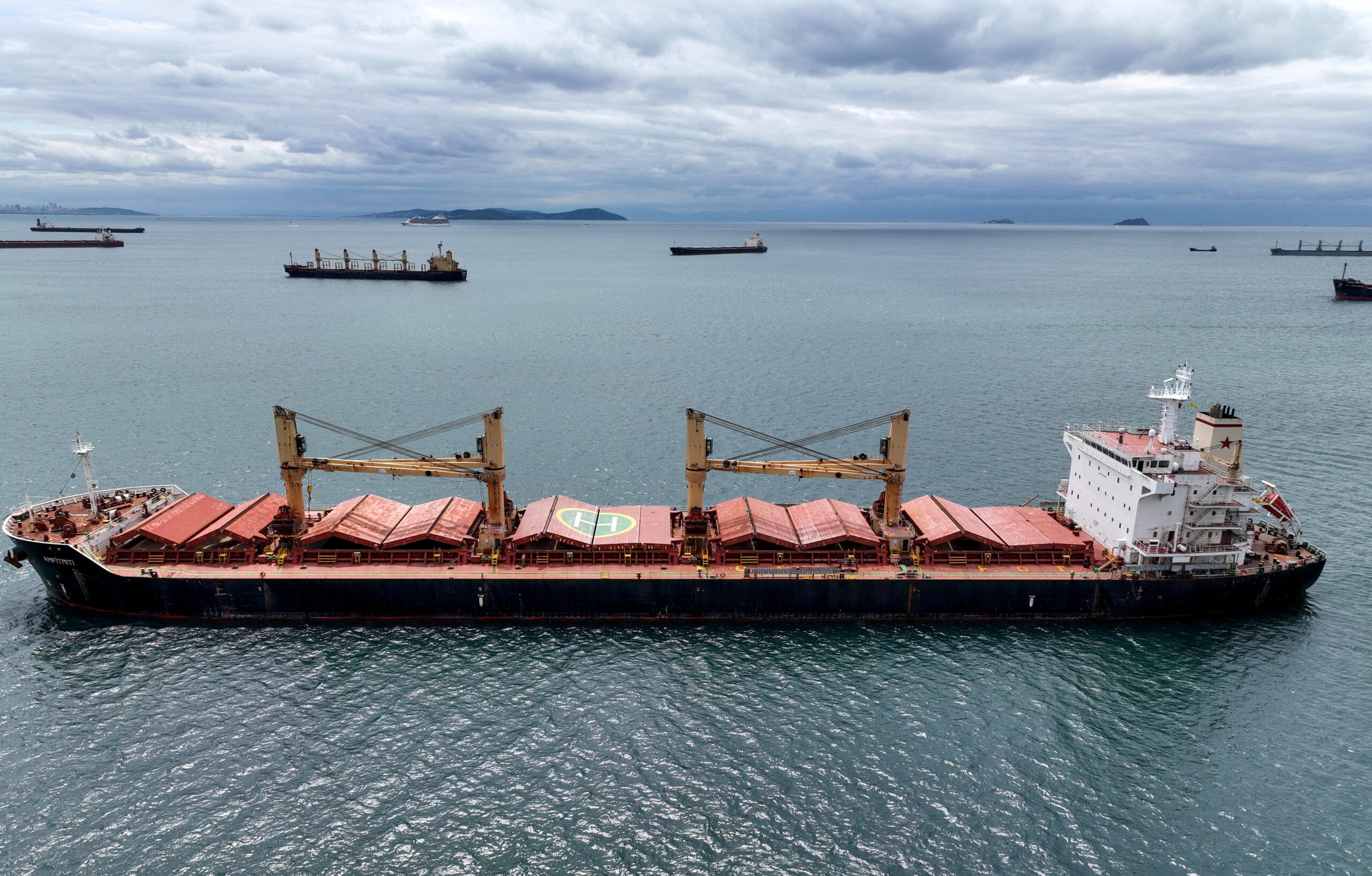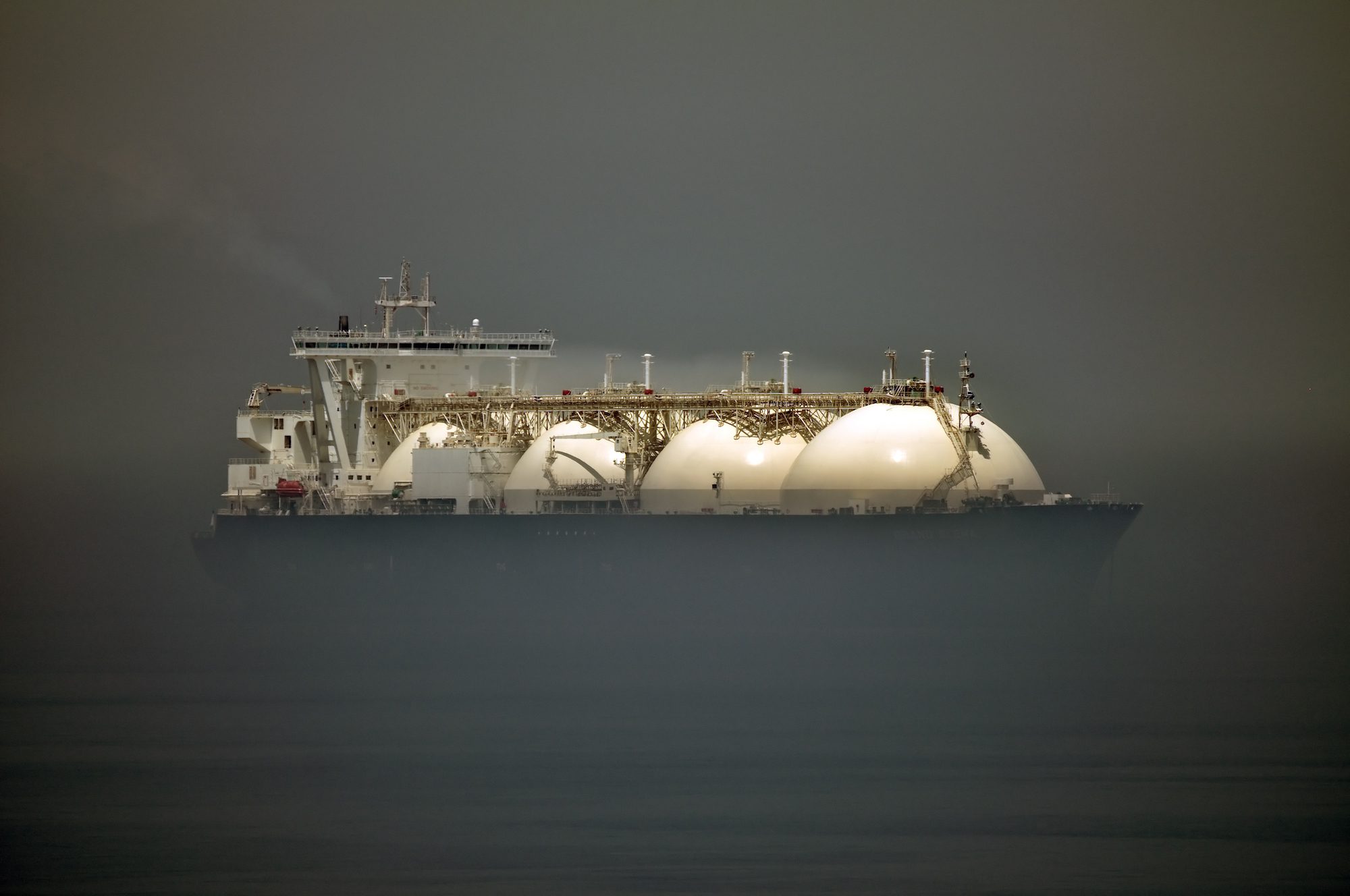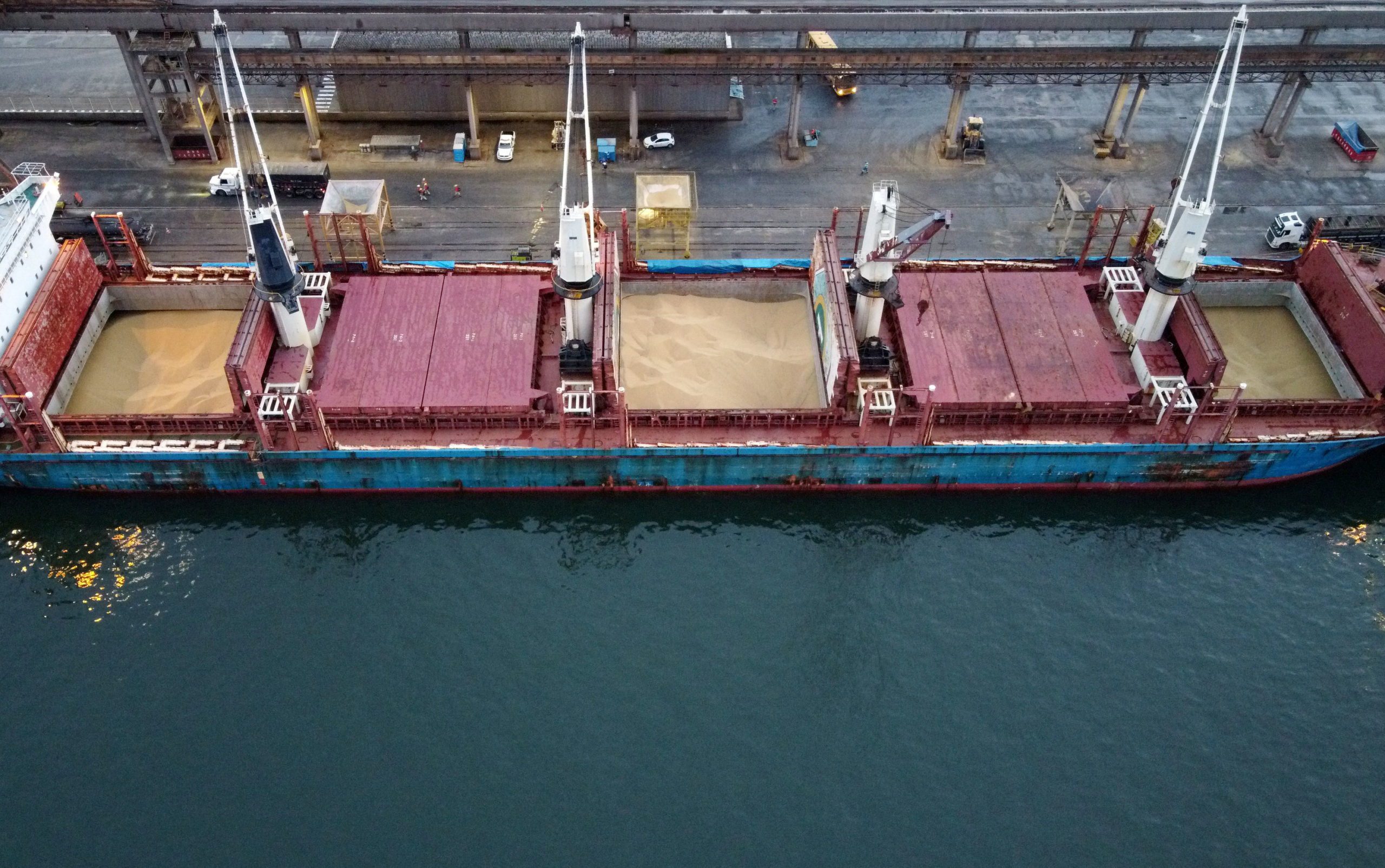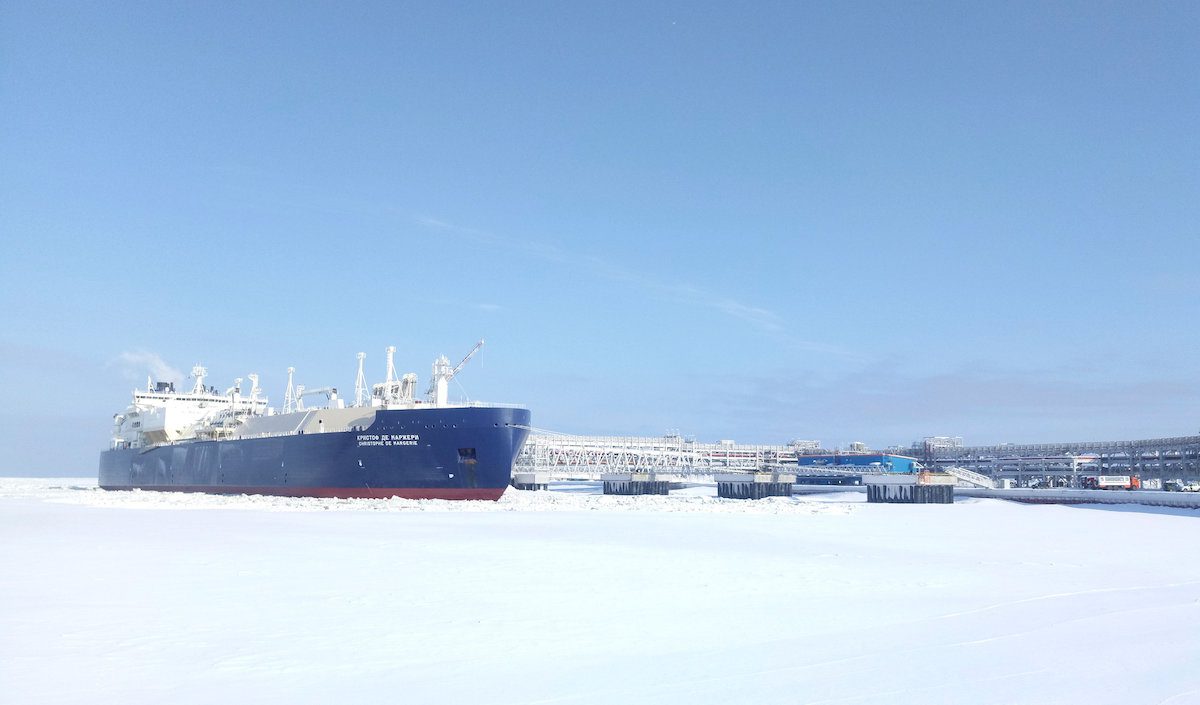The United Nations Conference on Trade and Development (UNCTAD) has sounded the alarm over rising disruptions in global trade due to escalating geopolitical tensions and climate change. These disruptions are especially affecting major shipping routes such as the Black Sea, the Suez Canal, and the Panama Canal.
Maritime transport, which accounts for over 80% of the global movement of goods, has been hit hard by these disruptions. Recent attacks on Red Sea shipping, geopolitical crises, and climate-related challenges have resulted in a dramatic decline in trade through key global routes.
Over the past two months, weekly transits through the Suez Canal have plunged by 42%, according to UNCTAD. The ongoing Ukrainian conflict has drastically reshaped oil and grain trade patterns. Meanwhile, the Panama Canal faces severe water level reductions due to climate change, leading to a shocking 36% drop in total transits over the past month.
The Red Sea crisis, marked by attacks that disrupt shipping routes, adds to the complexity. Major shipping companies have responded by temporarily halting transits through the Suez Canal. As a result, container ship transits per week have nosedived by 67% year-on-year.
The crisis has also caused a significant surge in container spot freight rates. Rates from Shanghai to Europe have tripled, while rates to the US West coast, despite not going through Suez, have increased by 162%. This global impact is due to ships seeking alternative routes to avoid the Suez and the Panama Canal.
These disruptions have led to longer cargo travel distances, higher trade costs, and a spike in greenhouse gas emissions. Avoidance of the Suez and Panama Canal means more days of shipping, leading to a rise in expenses. Ships are also forced to travel at greater speeds to compensate for detours, resulting in higher fuel consumption and CO2 emissions.
UNCTAD warns that these disruptions can have far-reaching economic consequences, including increases in food and energy prices. Prolonged interruptions pose a direct threat to global supply chains, leading to delayed deliveries and higher costs.
Energy supplies, especially in Europe, are directly affected as gas transits are discontinued, causing a surge in energy prices. The crisis is also causing a ripple effect on global food prices, with the potential for higher freight rates to translate into increased costs.
UNCTAD remains particularly concerned about the impact on developing countries, which are more vulnerable to these disruptions. The organization calls for swift adaptations from the shipping industry and robust international cooperation to navigate the rapidly changing global trade dynamics. It underscores the need for collective efforts to find sustainable solutions, particularly to aid countries most vulnerable to these shocks.

 Join The Club
Join The Club











